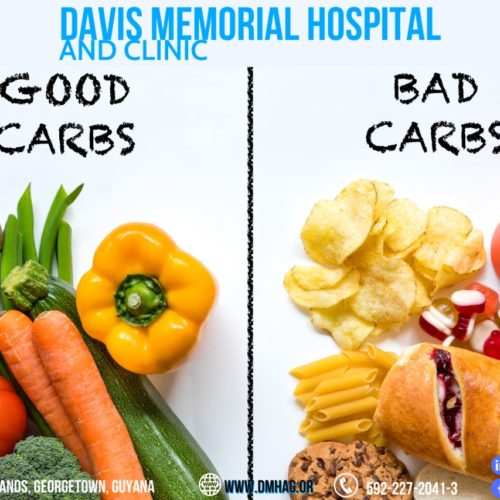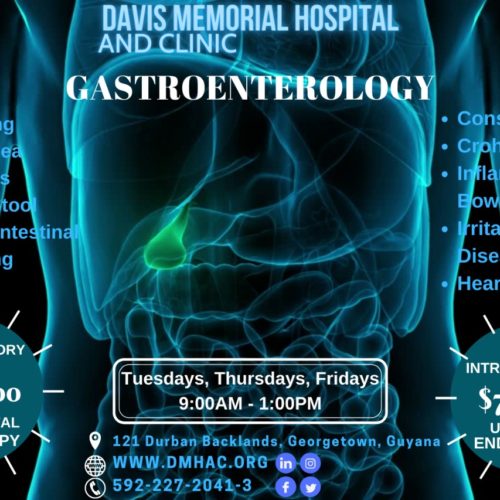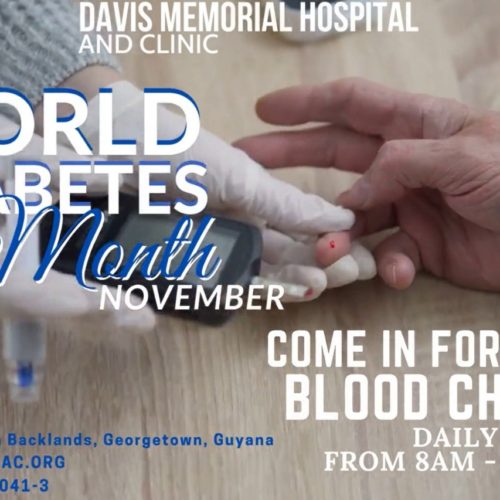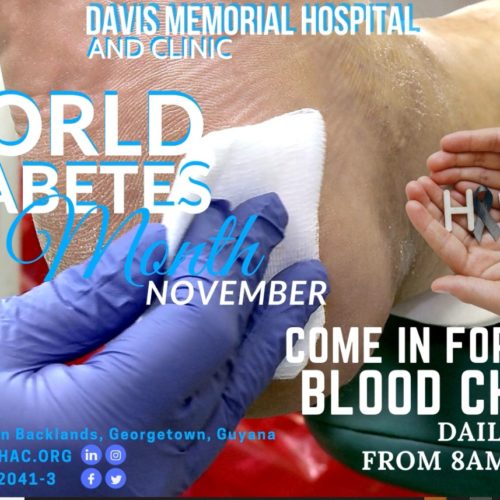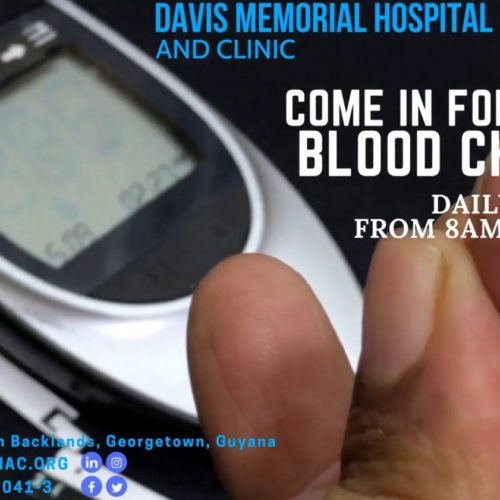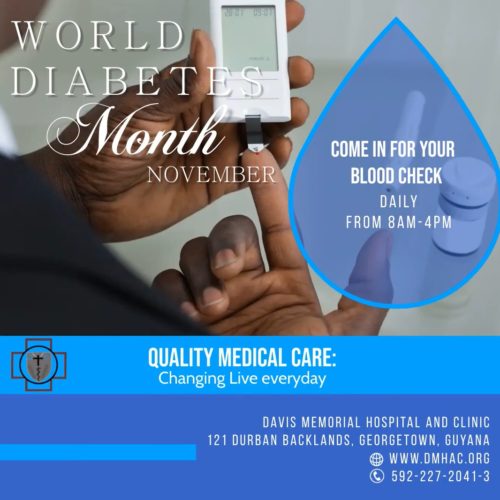Eating the right amount of food will also help you manage your blood glucose level and your weight. Your health care team can help you figure out how much food and how many calories you should eat each day. Weight-loss planning If you are overweight or have obesity, work with your health care team to...
Author: Marissa Maison (Marissa Maison)
When should I eat if I have diabetes?
Some people with diabetes need to eat at about the same time each day. Others can be more flexible with the timing of their meals. Depending on your diabetes medicines or type of insulin, you may need to eat the same amount of carbohydrates at the same time each day. If you take “mealtime” insulin,...
What Foods and Drinks Should I Limit if I Have Diabetes?
Foods and drinks to limit include: • fried foods and other foods high in saturated fat and trans fat• foods high in salt also called sodium• sweets, such as baked goods, candy, and ice cream• beverages with added sugars, such as juice, regular soda, and regular sports or energy drinks Drink water instead of sweetened...
What is Antimicrobial Resistance?
Antimicrobials – including antibiotics, antivirals, antifungals and antiparasitics – are medicines used to treat infections in humans, animals and plants. All around the world bacteria, viruses, fungi, and parasites are changing and starting not to respond to the medicines used to treat the infections they cause. This antimicrobial resistance emerges naturally, usually through genetic changes....
Diabetes Diet, Eating, & Physical Activity
Nutrition and physical activity are important parts of a healthy lifestyle when you have diabetes. Along with other benefits, following a healthy meal plan and being active can help you keep your blood glucose level, also called blood sugar, in your target range. To manage your blood glucose, you need to balance what you eat...
When To See a Gastroenterologist?
Some sensitive medical concerns like those involving your gastrointestinal tract may need more specific care than your primary care doctor typically provides. Our Gastroenterologist has up to five additional years of specialized medical training and significant experience with diseases affecting the stomach, intestines, esophagus, liver, pancreas, colon and rectum. You should see a gastroenterologist if...
Key Facts About Diabetes
It is estimated that 62 million people in the Americas live with Diabetes Mellitus (DM) type2. This number has tripled in the Region since 1980.According to the Diabetes Atlas, the number of people with diabetes will reach the 109 million mark by 2040.In 2015 Health Expenditures for diabetes in the Americas were estimated at $382.6...
Diabetes Prevention and Treatment
Type 1 diabetes cannot currently be prevented. Effective approaches are available to prevent type 2 diabetes and to prevent the complications and premature death that can result from all types of diabetes. These include policies and practices across whole populations and within specific settings (school, home, workplace) that contribute to good health for everyone, regardless...
Symptoms Associated with Diabetes
Diabetes of all types can lead to complications in many parts of the body and can increase the overall risk of dying prematurely. Possible complications include kidney failure, leg amputation, vision loss and nerve damage. Adults with diabetes also have two- to three-fold increased risk of heart attacks and strokes. In pregnancy, poorly controlled diabetes...
What You Should Know About Diabetes
Diabetes is a chronic, metabolic disease characterized by elevated levels of blood glucose (or blood sugar), which leads over time to serious damage to the heart, blood vessels, eyes, kidneys and nerves. It is associated with an absolute or relative deficiency in the secretion and/or action of insulin. It leads over time to serious damage...


